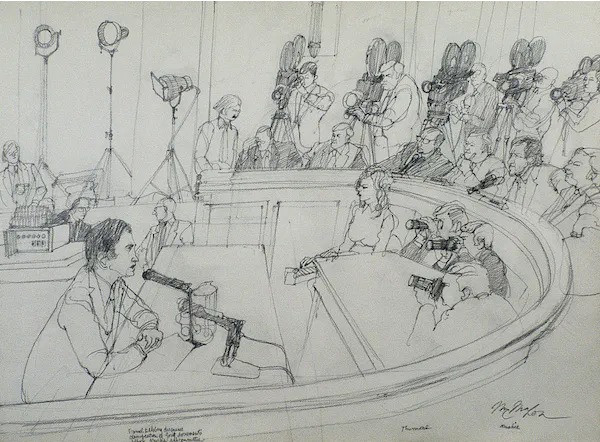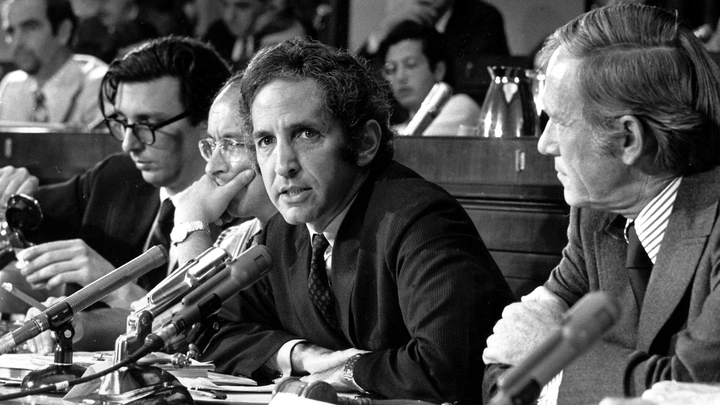Ellsberg’s Courageous Act Continues to Shape Whistleblower Protection, Press Freedom, and Government Transparency
Daniel Ellsberg, the renowned whistleblower who exposed the Pentagon Papers in 1971, has passed away at the age of 92, marking the end of an era for whistleblowers and leaving an indelible impact on truth-telling culture in the United States.
Ellsberg’s decision to leak the top-secret report, revealed the truth behind the U.S. government’s involvement in the Vietnam War, challenged the government’s control over information and set a new precedent for the press. His legacy extends beyond the war, influencing issues such as whistleblower protection, journalism, government transparency, the Vietnam War, and legal precedent.
Whistleblower Protection
The release of the Pentagon Papers emphasized the need for legal safeguards for whistleblowers. Ellsberg’s actions contributed to the development of the Whistleblower Protection Act of 1989, which provides crucial protections for federal employees who expose government misconduct. His courageous act helped create a framework for safeguarding individuals who uncover and disclose critical information.
Journalism and Press Freedom
The publication of the Pentagon Papers highlighted the essential role of the press in holding the government accountable. It solidified the principle that journalists have both the right and the responsibility to report on classified information in the public interest. Ellsberg’s case remains a significant precedent for press freedom in the United States, empowering journalists to uncover the truth and serve as a check on government power.
Government Transparency
The leak exposed a glaring disparity between the government’s public statements and its actions, cultivating public scepticism toward official narratives. The incident underscored the importance of transparency and accountability in governance and influenced efforts to promote openness in government operations. Ellsberg’s revelations sparked a public demand for greater transparency, shaping subsequent discussions on government accountability.
Impact on the Vietnam War
The release of the Pentagon Papers significantly eroded public support for the Vietnam War. The papers revealed that successive administrations had deceived the American people about the war’s progress and justification. Ellsberg’s disclosure contributed to the growing opposition and hastened calls for an end to the conflict. The release became a catalyst for a nationwide reevaluation of the war and strengthened the anti-war movement.

Legal Precedent
The legal battle surrounding the publication of the Pentagon Papers resulted in a landmark Supreme Court ruling that curtailed the government’s ability to restrain the press from disclosing classified information. The ruling set a high bar for justifying prior restraint, establishing an essential precedent for future cases involving freedom of the press. Ellsberg’s actions laid the foundation for protecting journalists’ rights to publish critical information in the public interest.
Daniel Ellsberg’s Enduring Legacy
Daniel Ellsberg’s brave act and the release of the Pentagon Papers continue to resonate as a powerful example of challenging government secrecy and advocating for truth and transparency. His whistleblowing has shaped public discourse on government accountability, press freedom, and the delicate balance between the state and its citizens.
The impact of Ellsberg’s actions can be seen in the evolution of whistleblower protections, the strengthening of press freedom, the demand for government transparency, the opposition to the Vietnam War, and the establishment of a significant legal precedent. His unwavering commitment to truth will continues to inspire future generations.













